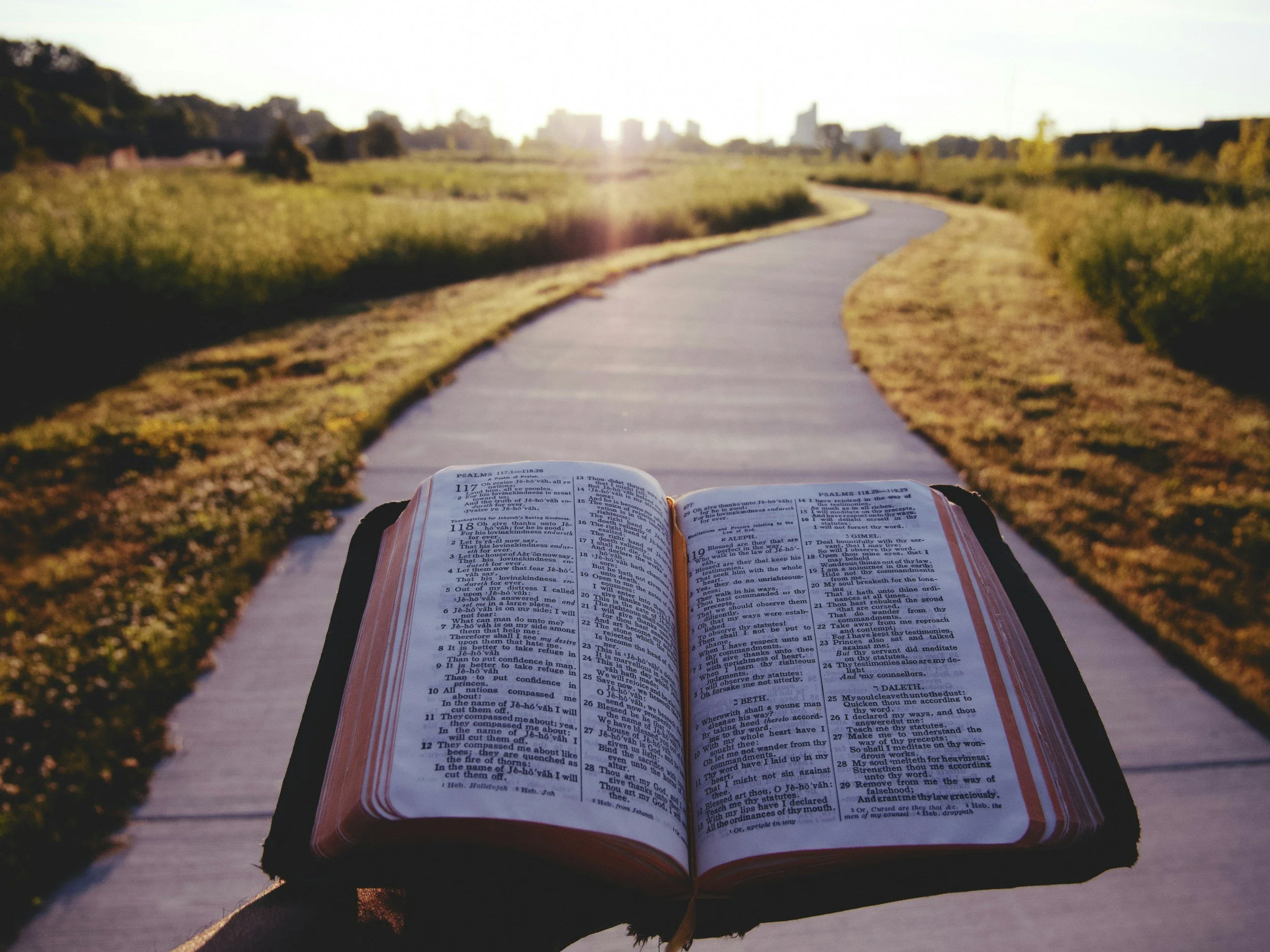From Doubt to Deeper Faith: Honest Questions in Scripture and Life
Have you ever felt like your doubts were too big for God to handle? Or that having doubts meant you weren't a "real" Christian? If so, you're not alone. In fact, you're in good company – Biblical company, even. Let's explore how doubt can actually be a pathway to deeper faith.
Doubt: A Common Human Experience
Doubt is a common human denominator. It's not just you or me – it's everyone. Even the heroes of our faith struggled with doubt. Let me take you on a whirlwind tour through Scripture to show you what I mean.
Old Testament Doubters
Remember Abraham? The father of our faith actually laughed at God's promise. Genesis 17:17 tells us, "Abraham fell facedown; he laughed and said to himself, 'Will a son be born to a man a hundred years old? Will Sarah bear a child at the age of 90?'"
Then there's Moses, who doubted his ability to lead. He told God, "Pardon your servant, Lord. I have never been eloquent, neither in the past nor since you have spoken to your servant. I am slow of speech and tongue" (Exodus 4:10).
Job, in his suffering, sarcastically asked God, "Does it please you to oppress me, to spurn the work of your hands?" (Job 10:3)
Even the prophets weren't immune. Jeremiah accused God of deception: "You deceived me, Lord, and I was deceived" (Jeremiah 20:7).
Doubt in the Psalms
The Psalms are full of raw, honest expressions of doubt. Listen to these heart-wrenching cries:
"How long, Lord? Will you forget me forever?" (Psalm 13:1)
"My God, my God, why have you forsaken me?" (Psalm 22:1)
"Will the Lord reject forever? Will he never show his favor again?" (Psalm 77:7)
New Testament Doubters
Doubt didn't disappear with the coming of Christ. John the Baptist, who proclaimed Jesus as the Messiah, later sent a message asking, "Are you the one who is to come, or should we expect someone else?" (Matthew 11:3)
Peter, the rock on which Jesus said He would build His church, denied even knowing Jesus after the crucifixion.
And of course, there's Thomas, who famously said, "Unless I see the nail Marks in his hands and put my finger where the nails were, and put my hand into his side, I will not believe" (John 20:25).
The Coexistence of Faith and Doubt
What I want you to understand is that faith and doubt can coexist. They are not mutually exclusive. As Paul Tillich said, "Doubt isn't the opposite of faith, it is an element of faith."
Tim Keller put it this way: "If you have a God great enough and powerful enough to be mad at because he doesn't stop your suffering, you also have a God who's great enough and powerful enough to have reasons that you cannot understand."
Practical Takeaways: Dealing with Doubt
So how do we cope with our doubts? Here are five truths to remember:
1. Be honest with God. Even when you're angry, God can take it. There's not a human emotion that hasn't been expressed to God.
2. Go to God's Word daily. As Paul said in Romans 10:17, "Faith comes from hearing, and hearing through the word of Christ."
3. Remember what God has done in the past. Look back on how God has sustained you through trials and tribulations.
4. Stay in community. A community of faith like this church is a place where you can belong and grow.
5. Act in faith even when in doubt. Mother Teresa, despite her moments of doubt, continued to serve God faithfully.
Life Application: Embracing Doubt as a Path to Deeper Faith
If you're struggling with doubts, remember this: you are welcome here. You don't have to have everything together or your act all cleaned up to come to this church. We're here to walk with you, to help your unbelief, and to guide you into a deeper faith that moves beyond doubt.
As the father of the epileptic son said to Jesus, "I believe; help my unbelief!" (Mark 9:24). That's our prayer for you today. May your doubts lead you not to despair, but to a richer, stronger, and more resilient faith in the God who loves you unconditionally.

